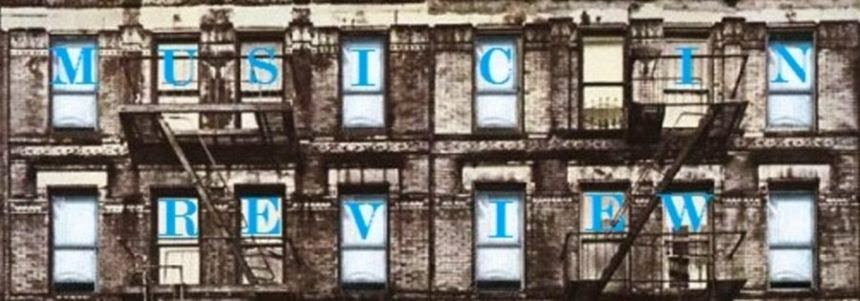A quick summary of early days Zeppelin covers contains:
From Led Zeppelin One:
- “You Shook Me” originally by Muddy Waters.
- “I Can’t Quit You Baby” originally by Willie Dixon.
- “Babe I’m Gonna Leave You” written by Anne Johannson.
- “How Many More Times” contains a verse from Albert King’s “The Hunter.”
- “Lemon Song” is a cover of Robert Johnson’s “Travelling Riverside Blues.”
- “Bring it On Home” originally by Sonny Boy Williams.
- “Gallows Pole” originally by Leadbelly... sort of.
We can see from the decreasing presence of cover songs that Zeppelin was naturally coming more and more into their own as time went on. This is very common for musical groups, especially when it comes to live performances, song writers refine their craft and their ability to create original material comes more naturally with time. This is why Zeppelin Four onward is effectively all original material. But of all the covers, and quasi covers Zeppelin embarked upon, the sole example on their third album “Gallows Pole” is my favorite.
“Gallows Pole” was among the first Zeppelin songs I heard on the radio when I was young and discovering music for the first time. Along with “The Immigrant Song” it was “Gallows Pole” that made it very important to me to get a copy of Led Zeppelin Three as quickly as I could.
I dabble in guitar, and the only Zeppelin song I ever came close to learning with any kind of ability is “Gallows Pole.” More accurately I was capable of playing one part in particular which is the fast back and forth between A major and G major, this serves as a bridge between verses and the chorus, and it is very fun to play. I know I am stating the obvious here but Jimmy Page’s guitar on “Gallows Pole” is freaking fantastic.
Or is it Page’s guitar work? After all this song was written by Leadbelly. The answer is still yes, Page’s guitar work is fantastic. Leadbelly’s original version is very different from the final manifestation we hear on Led Zeppelin Three.
Leadbelly - Gallows Pole
Is it really Leadbelly's guitar work we are comparing to Page's? The answer is interestingly only so much, as Leadbelly never claimed to have written "Gallows Pole" he claimed it was an old folk song he had learned somewhere. So unlike "Babe I'm Gonna Leave You" the "Gallows Pole" is literally an old folk song whose original creator is forgotten.
In recent years, it has become somewhat common among music critics to accuse Led Zeppelin, and specifically Jimmy Page, of being thieves of African American music. I do not really agree with the venom of that accusation. Zeppelin always gave credit to their inspirations but also they changed so much in all of their cover songs. Listen to Leadbelly’s “Gallows Pole” the lyrics are modified, the guitar solo in Zeppelin’s version is completely original, the rhythm and bass does not exist in Leadbelly's version and that bridge I mentioned earlier, the A major G major combination, it does not exist in Albert King’s version. Zeppelin’s cover is barely that, it is more so a complete re-imagining on the song’s concept.
It is not like we accuse Gounod of stealing from Bach when he created “Ave Maria,” despite how very different the final product is from it’s inspiration “The Well-Tempered Clavier.” I feel like that is what I am hearing when I listen to a song like “Gallows Pole,” it is undeniable that it is not an original song, but what Zeppelin did with it made it a unique entity all on its own, just like the “Ave Maria.”
Go and listen to Joan Baez version of “Babe I’m Gonna Leave You” nothing like Zeppelin’s, and the same goes for every other example listed above.
Potential controversy aside, we, humanity, win in the end, because we get multiple great songs by multiple great musicians. We have the blues to thank for rock and roll, and we have rock and roll to thank for giving us all a reason to live.
Until next month, keep on rocking in the free world.
- King of Braves


